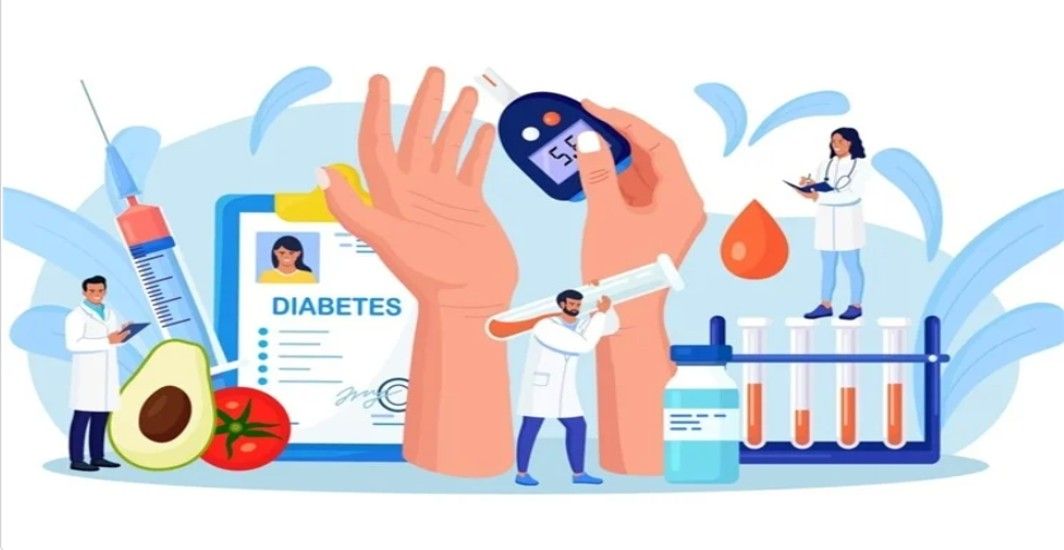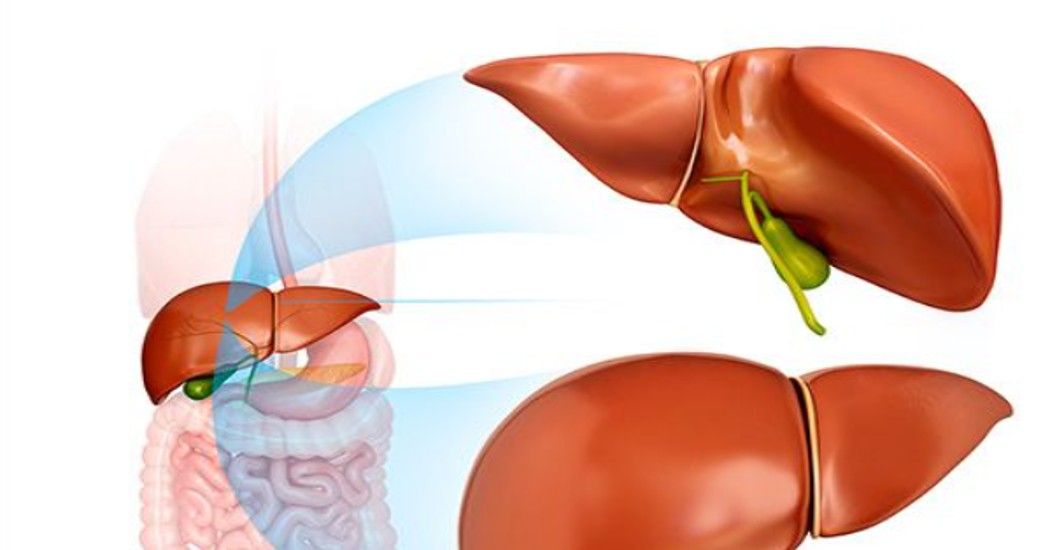Diabetes Management
Diabetes and Hormonal Shifts: Making the Connection
2 min read
By Apollo 24|7, Published on - 09 May 2024
Share this article
0
0 like
.jpg?tr=q-80)
Diabetes and hormonal fluctuations are intertwined more closely than you may think. For example, certain female hormones can provide a temporary shield against type 1 diabetes, whereas menopausal changes can raise the risk of type 2 diabetes. The impact of hormonal shifts on diabetes isn't limited to cisgender individuals; transgender people may also experience changes in their diabetes risk due to hormone therapy.
The Influence of Female Hormones on Diabetes
In female adolescents with subdued estrogen activity, the gonadal hormone estrogen may offer temporary protection against type 1 diabetes. However, the hormonal changes women go through during menopause often increase their risk of developing type 2 diabetes.
Impact of Hormone Therapy on Transgender Individuals
Transgender women undergoing hormone therapy often experience an increase in body fat and insulin resistance, while trans men often witness opposite effects.
Despite these hormonal changes, studies show that there is no difference in the incidence of type 2 diabetes in transgender individuals on hormone therapy compared to their counterparts in the general population.
Consideration of Socioeconomic Factors
Obesity, polycystic ovarian syndrome (PCOS), metabolic syndrome, or impaired fasting glucose can affect the risk of diabetes in transgender individuals. Doctors need to consider these factors while prescribing gender-affirming hormone therapy.
Hormonal Changes in Men
In men, age-related hormonal changes can impact blood sugar levels. As testosterone levels naturally decrease with age, this can lead to insulin resistance—when the body's cells don't respond to insulin properly.
Low testosterone levels can also raise the risk of developing type 2 diabetes. Interestingly, men with diabetes may have a reduced risk of prostate cancer due to sustained low testosterone levels. The exact reasons for this are yet to be fully understood.
To sum up, hormones play a significant role in the onset and management of diabetes. Understanding these interactions can aid in better diabetes management. It's crucial to consult with your doctor regularly, know your hormone levels, and adjust your lifestyle accordingly.
Diabetes Management
Consult Top Diabetologists
View AllLeave Comment
Recommended for you

Diabetes Management
Managing Diabetes With Other Responsibilities
The challenge of managing diabetes while juggling daily responsibilities may seem daunting, but it's entirely achievable with the right approach. Adopting collaborative self-management strategies, seeking professional help in case of burnout, embracing team-based care, making healthier lifestyle choices, and proactively preventing complications can help maintain a balanced life.

Diabetes Management
Does the Indian Diet Play a Role In Developing Diabetes?
The Indian diet, with its diverse food habits, has been linked to the risk of developing diabetes. However, the traditional emphasis on local, seasonal, low-carbohydrate foods and plant-based ingredients can also support better diabetes management. Learning how to navigate these dietary challenges and adopting beneficial practices for your health is crucial.

Diabetes Management
Diabetes and Gallbladder Health: Understanding the Risks and Prevention
Unveiling the link between diabetes and gallbladder risks, primarily gallstones, sheds light on the importance of proactive diabetes management. A balanced, low-cholesterol diet and regulated weight are key to mitigating these risks. As symptoms vary, understanding them and consulting a healthcare expert can help fast-track treatment, preventing complications.
Subscribe
Sign up for our free Health Library Daily Newsletter
Get doctor-approved health tips, news, and more.
Visual Stories

8 Fruits That are Incredibly Healthy for Diabetes
Tap to continue exploring
Recommended for you

Diabetes Management
Managing Diabetes With Other Responsibilities
The challenge of managing diabetes while juggling daily responsibilities may seem daunting, but it's entirely achievable with the right approach. Adopting collaborative self-management strategies, seeking professional help in case of burnout, embracing team-based care, making healthier lifestyle choices, and proactively preventing complications can help maintain a balanced life.

Diabetes Management
Does the Indian Diet Play a Role In Developing Diabetes?
The Indian diet, with its diverse food habits, has been linked to the risk of developing diabetes. However, the traditional emphasis on local, seasonal, low-carbohydrate foods and plant-based ingredients can also support better diabetes management. Learning how to navigate these dietary challenges and adopting beneficial practices for your health is crucial.

Diabetes Management
Diabetes and Gallbladder Health: Understanding the Risks and Prevention
Unveiling the link between diabetes and gallbladder risks, primarily gallstones, sheds light on the importance of proactive diabetes management. A balanced, low-cholesterol diet and regulated weight are key to mitigating these risks. As symptoms vary, understanding them and consulting a healthcare expert can help fast-track treatment, preventing complications.


